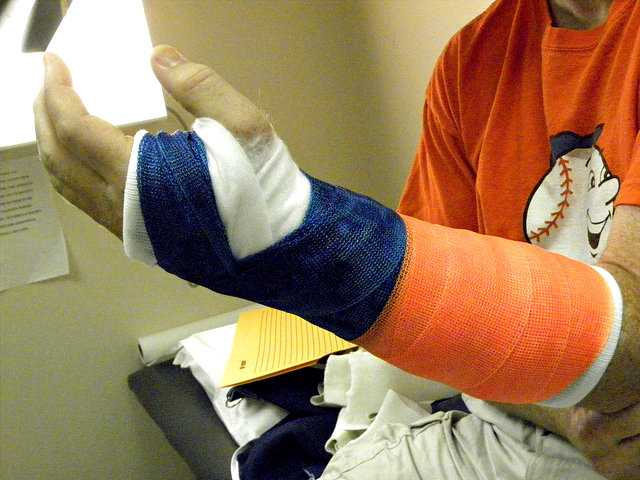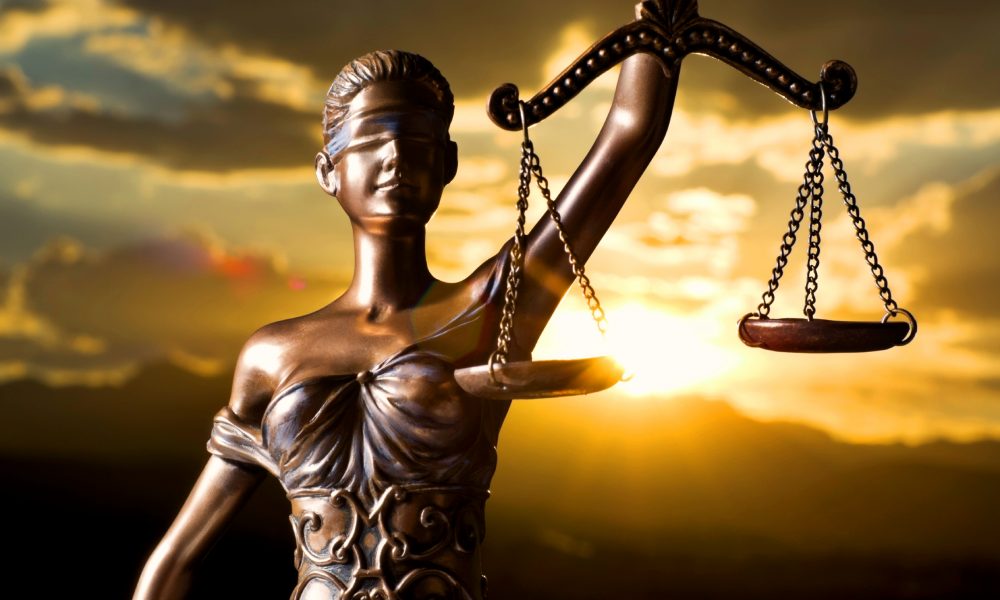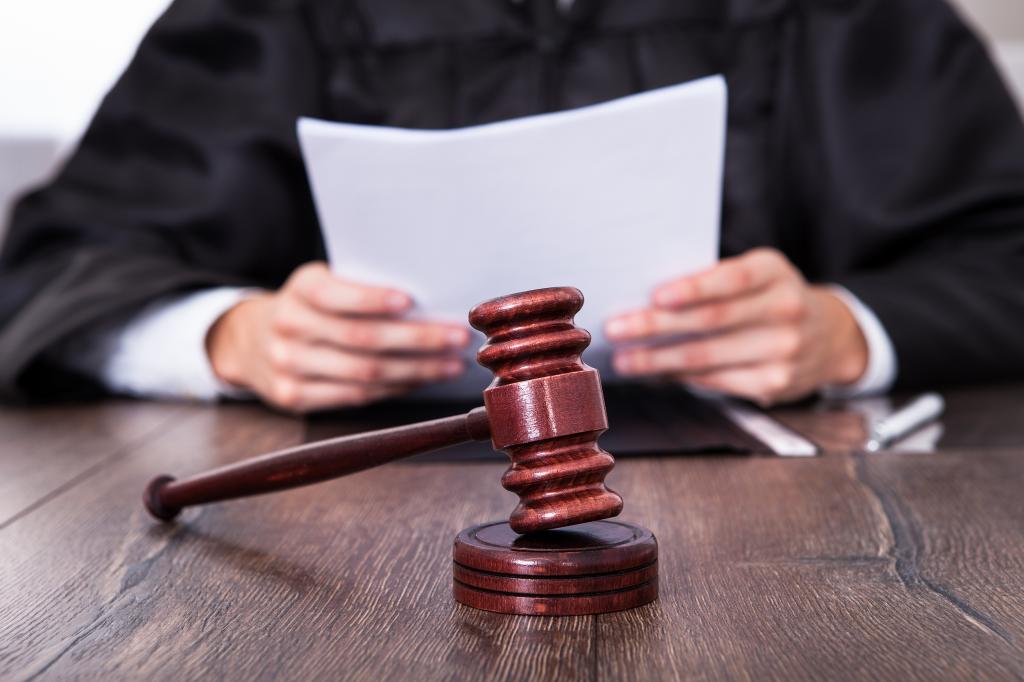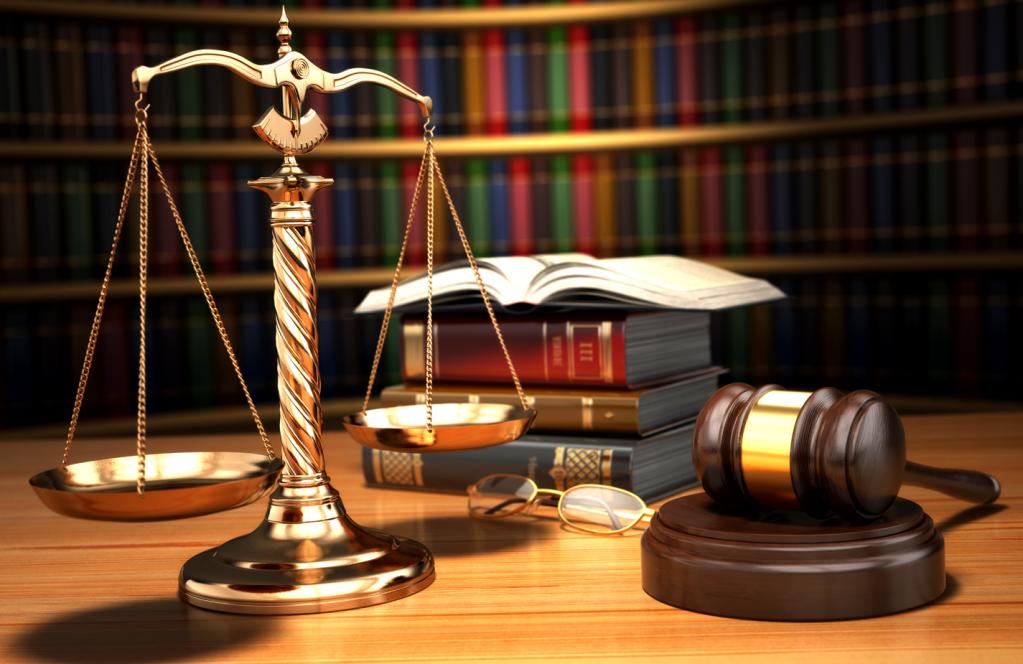Consider the main obligations arising from harm. Their essence is indicated in civil law. The causer of harm must fully compensate the damage that was caused to the property or personality of the victim. The injured party has the right to demand compensation for harm suffered by him through the judiciary.

Legal subtleties
The concept of obligations arising from harm is associated with Art. 12 GK. Protection of rights is supposed, as restoration of a situation that existed before the violation. Obligations arising as a result of harm mediate relationships that are not characteristic of property circulation in a desirable, familiar course. Legal relations should eliminate the consequences of a violation that is considered within the framework of the law.
What is important to know?
Obligations arising as a result of causing harm are not based on an agreement (contract), therefore, they are considered to be outside of contractual obligations. Practice shows that harm is the basis outside of contractual circumstances.
Of course, participants in such situations can be linked by a civil law contract. But according to the rules of Chapter 59 of the Civil Code of the Russian Federation, obligations arising from damage if it is caused to property (ownership) are recognized as absolute, and in case of violation of personal integrity, health, business reputation, honor, - non-property.

Options under consideration
For obligations arising from harm, property compensation is applied. Non-contractual liability appears in those cases when the damage caused to the health or life of a citizen due to deficiencies in work, goods, services rendered under the contract for the transportation of goods is compensated. The circumstance to compensate for the harm caused may also arise in connection with the violation of property as well as property circumstances.
Its contents are property compensation for harm caused. So, regardless of the type of violated right, always the obligation to indemnify is of a property nature. In particular, a natural return occurs (the provision of a thing of similar quality, or in full remove damage to the thing). A monetary assessment of harm is also allowed (compensation for losses incurred).

Delicacy of the situation
The liabilities arising from harm, the Civil Code explains in full. They are called sensitive in legal literature. Not always the obligation to compensate for the harm caused to someone is the responsibility for committing an unlawful act. In particular, the articles of the Civil Code of the Russian Federation regulate compensation for damage that was caused in a state of emergency or required defense, does not imply the concept of liability. The law provides for reimbursement of compensation to the injured person or payment of losses that he suffered.
Prohibition of activities
If liabilities arising as a result of causing harm to life are identified, the danger is proved in the future, you can file a lawsuit to ban the activities of the company (IP). In this case, there is no question of delicate situations, and the company's activities are considered as a threat to national security.There are also possible moments when damage has already been caused due to a specific activity, but it continues, which may lead to subsequent violations of subjective rights.
Consider, for example, the obligations arising from the damage to public health by the operation of a chemical plant. Despite the fact that a similar fact has already been established, no action is taken to protect the population from subsequent negative impacts. In such cases, it is necessary, firstly, to obtain compensation for the harm caused, and secondly, to fully prevent future harm. In paragraph 2 of Article 1065 of the Civil Code of the Russian Federation there is a rule according to which, if harm is caused as a result of the operation of a building, equipment (other production activity), a large number of civilians are harmed, the court may oblige the defendant not only to compensate the damage, but also terminate (suspend) its functioning.
As the only basis that allows the court to refuse to satisfy such a claim, the need to protect public relations may be considered. However, this does not deprive the injured person of the right to compensation for the damage that was caused to him by such actions.
Measures that relate to the prevention of damage, according to Art. 1065 of the Civil Code of the Russian Federation are accepted only by the courts. Other bodies can apply punishments of a similar nature, in particular, fire surveillance, sanitary and epidemiological services, traffic police.

Terms and Conditions
Obligations resulting from harm are called non-contractual. As a general and mandatory basis for the appearance of obligations, the fact of causing damage to the property of a legal or natural person is considered. It means the adverse consequences that arose in the non-property or property area of the victim. It can be expressed in the destruction, complete (partial) loss or damage to property, non-receipt of income, profit, restriction (violation) of non-personal personal rights, reduction in the amount of intangible goods that caused physical or moral suffering.
The concept of obligations arising from harm relates to the life and health of the injured person. Full reimbursement of all expenses for treatment, rehabilitation period is supposed. If the return of moral harm caused by physical and moral suffering is supposed, there is no talk of material equivalent. Compensation only partially compensates for the suffering person suffering and creates a sense of justice restored to him.

Important notes
The content of the obligation arising from the infliction of harm relates to determining its size. At the same time, the rules of Art. 15 of the Civil Code of the Russian Federation on the composition of the losses incurred. The real damage includes not only the expenses actually incurred by the injured person, but also those expenses that will be incurred by him for the full restoration of the lost right. In judicial practice, a rule has been developed according to which expenses should be carefully calculated. The parameters of the lost profit are determined taking into account the reasonable material costs that the creditor should have incurred if the obligation had been fulfilled.
What if obligations arise from the contract? Costs incurred due to harm? In judicial practice, there are answers to all such questions. So, the victim has the right to a full refund of all funds. For example, if due to the fault of the employer the employee received an industrial injury, in this case the expenses for treatment, payment for rehabilitation measures, as well as lost expenses (lack of wages for the period of full or partial disability) are borne by the head of the organization (company founder).
According to Art.393 of the Civil Code, applicable to delicate obligations of the situation, provide for compensation for harm at prices that exist in the place where it must be executed, on the day the claim is binding or on a voluntary basis. The court, taking into account all the nuances of the case, can take into account prices at the time of the decision.

General tort
This is a general rule according to which it is forbidden to any person (enterprise, organization) to cause physical or property harm to another person (population). On the basis of the general tort, which is reflected in paragraph 1 of Article 1065 of the Civil Code of the Russian Federation, institutes of special tort operate, which are regulated by other norms of the Civil Code of our country.
They highlight the grounds for occurrence and the procedure for fulfilling delicate obligations, taking into account the subjective characteristics of the causer, the specifics of the activity that led to the harm, and the characteristics of the violated right. In addition to harm, which is considered the basis for the appearance of a delicate obligation, there are other conditions for the application of liability for its compensation.
Special liability conditions
Among them, we can distinguish those cases of harm caused by sources of increased danger. So, according to Art. 1079 of the Civil Code of the Russian Federation, under such a case, a high-risk enterprise working with TB violations falls (the owner is obliged to pay compensation to all affected persons, to pay the costs of medicines and recovery).
The wrongfulness of the behavior of the inflicter of harm. It leads to a violation of legal norms (prohibition or general regulation). In delicate circumstances, this means a violation of someone else’s absolute subjective right, which entails harm (unless otherwise specified by law).
The presumption of unlawful behavior of the offender on the basis of general tort is based. Unlawfulness is manifested in two forms - inaction or action. The first option is assumed only in situations where the causer is required to perform a specific action. As a form of unlawful behavior, he is mentioned only in Art. 1069 of the Civil Code of the Russian Federation.
Examples of life situations
Illegal inaction can cause harm in other cases. For example, if parents do not fulfill their constitutional responsibilities for raising children, they can be held accountable (Article 1073 of the Civil Code of the Russian Federation). Guardianship authorities have the right to file a claim for the deprivation of the mother or mother of parental rights, if it proves a threat to the life and health of children.
If the damage was caused by lawful actions, it does not entail liability. As an example, one can consider hacking the front door by rescuers trying to extract residents from a burning apartment. Since they act in the interests of people, it is not supposed to reimburse compensation for the entrance door they cracked (by agreement, it can be put in its original place).

To summarize
If property or non-property damage is caused by individuals or legal entities, after all the nuances have been clarified, they are obliged to compensate the injured party for material costs (for treatment, rehabilitation, the purchase of prostheses), as well as to compensate the moral damage, which was expressed in emotional feelings.
In order to prove that the damage caused exceeding the limits of acceptable defense, witnesses will be required. Otherwise, the court finds them intentional, life-threatening. Depending on the specific conditions associated with the situation, it is possible to transfer the need for compensation of damage by third parties. The court notes the fault of the causer; it is he who makes the final decision on the amount of material compensation, the timing of payments.
